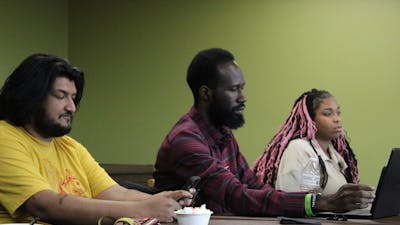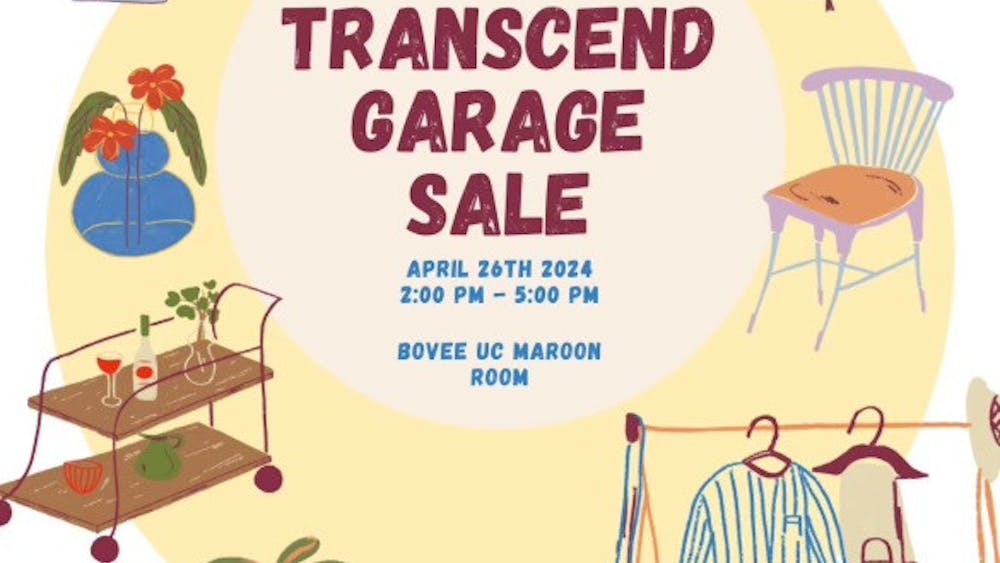Student workers look forward to minimum wage increases

While working on campus, Kathleen Trombley looks forward minimum wage increases, including the one that took affect this month.
As a Sweeney Hall desk manager, Trombley plans to put the increased pay toward her tuition and housing costs.
“People need to make a living and the current minimum wage is just not cutting it,” said the Saint Clair Shores junior. “I won't feel as stressed about having to work more hours while also juggling school and organizations.”
Michigan is the one of 14 states which began 2016 with a higher minimum wage. In 2014, Gov. Rick Snyder signed a law to increase the minimum wage to $9.25 per hour by 2018. The first hourly minimum wage rose from $8.15 to $8.50 an hour, a 35 cent increase. Minimum wage is projected to increase to $8.90 an hour in 2017.
A total of $1.10 minimum wage increase set for the next three years poses a question: Will a higher minimum wage mean fewer student jobs?
“During my time at Central Michigan University, the minimum wage has gone from $5.15 to $8.50 and that has never made a difference in the number of students employed,” said manager of Student Employment Services Jon Goodwin.
There have been instances where the number of employed students actually increased, he said
The cause is unknown, but he believes it might be connected to departments' semester projects and needing extra employees to complete them. He said the increase was small, but surprising.
“It’s hard to say what accounted for the increase in employment after a big increase in the minimum wage,” Goodwin said. “The fact remains that it’s never been an issue when it comes to reducing the number of student employees we have on campus overall.”
Onondaga sophomore Tyrek Bugbee works on the facilities operations staff of the Student Activity Center.
He said while the minimum wage increase won’t likely be a noticeable difference, any extra money will help him as a college student.
“Being a college student, the more money you can make, the more it’ll help you out,” he said. “I think even if people get cut, it would still be worth the raise. You can always go out and find other jobs throughout the university.”
Goodwin said while he assumes students worry about potential staff cuts, the Student Employment Services doesn’t often receive any questions regarding it when there is a minimum wage increase.
“It benefits students because they can earn as much money for work in fewer hours. That leaves them with more time to study,” he said.







